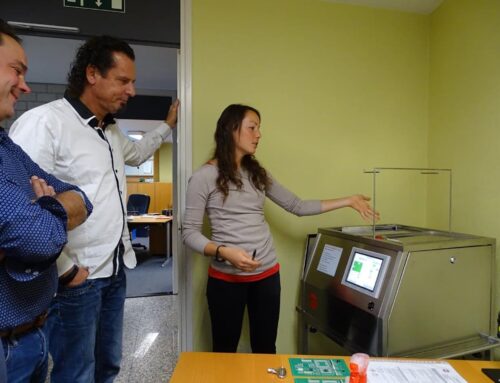Algorithms are part and parcel of our lives. We accept them and make abundant use of them, or rather they make abundant use of us. Social media platforms thrive on algorithm use, and companies, governments and obviously criminals are no strangers to them either. They can be very handy and make our lives easier. Think for instance of a navigation system in your car. With real-time traffic information you can avoid road works and traffic jams. In this article PIEK wants to highlight a number of subjects in which algorithms play a role.
Retaining customers with algorithms
How wonderful would it be if you knew exactly when a customer decides not to be your customer anymore, so that you could make him an offer he could not refuse at exactly that moment? Algorithms in the form of so-called churn models are helpful in this respect. On the basis of customer behaviour they can fairly accurately predict when a customer is going to walk away. Algorithms in churn models can also be used for other marketing-related activities. They then boost the effectiveness and efficiency of such activities, which in turn increases a company’s profits. This is why large companies are already fond of using this technology.
Catching criminals with algorithms
Police services all over the world already have a host of methods to track and catch criminals. Facial recognition software is one of them. Some countries like China also use this software to monitor the population at large. Currently a software package is being developed by Daan Sutmuller to assess evidence. All pieces of evidence gathered in a crime can be analysed with algorithms in the software, and they can provide input for investigation teams to catch criminals.
Algorithms are designing buildings
The Corona pandemic has taught us that open-plan offices are no longer acceptable. Scientists already pointed this out decades ago, but the pandemic has now killed the idea for good. Designing an effective office building with the 1.5m social distancing principle is not an easy task. Algorithms can help, also taking on board the third element of the design phase, which is the energy concept.
Algorithms already influence our lives a great deal, and they will become even more dominant in the future. What is important is that safety valves are built in by the legislator so that the individual cannot fall victim to algorithms that are ill-programmed or supply incorrect data.










